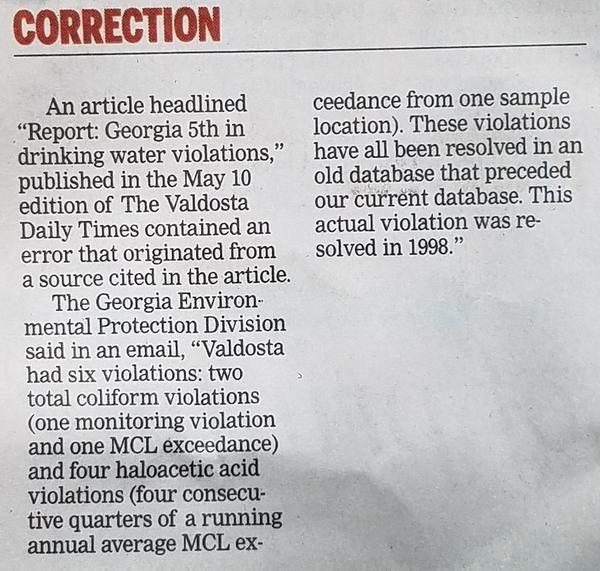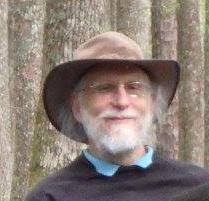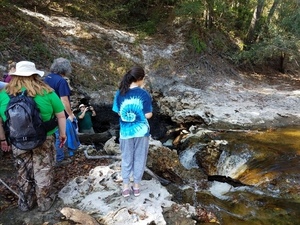Congratulations City of Valdosta! You got the VDT to issue a correction for that one sentence a week ago, even though the VDT blamed it on “a source cited in the article”, and came up with yet another number of violations that doesn’t match what NRDC says nor what Valdosta says, with still no specific comparisons to other local governments. So it’s a correction that doesn’t resolve anything. And you’re not helping your credibility problem, Valdosta, by quibbling over a single digit while neglecting to mention an entire year in which you did have drinking water violations that match what’s in NRDC’s map.

Valdosta Daily Times, page 3A, 17 May 2017
CORRECTION
An article headlined “Report. Georgia 5th in drinking water violations,” published 1n the May 10 edition of The Valdosta Daily Times contained an error that originated from a source cited in the article.
The Georgia Environmental Protection Division said in an email, “Valdosta had six violations: two total coliform violations (one monitoring violation and one MCL exceedance) and four haloacetic acid violations (four consecutive quarters of a running annual average MCL exceedance from one sample location). These violations have all been resolved in an old database that preceded our current database. This actual violation was resolved in 1998.”
This correction is on page 3A, below the Crime Report. It does have a big red CORRECTION header, but Continue reading



![[Don't fall into the Devil's Den, 30.5855189, -83.0528064]](https://www.wwals.net/pictures/2016-11-06--alapaha-sink/20161106_111756.jpg)







